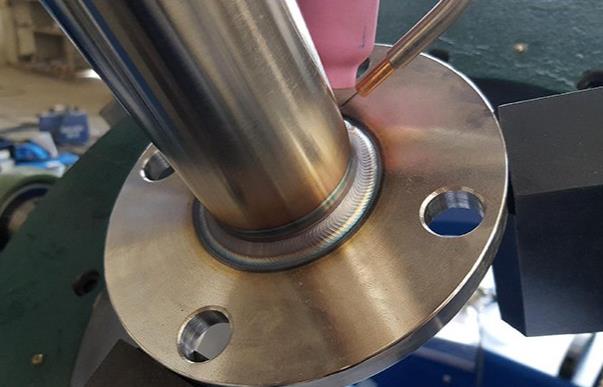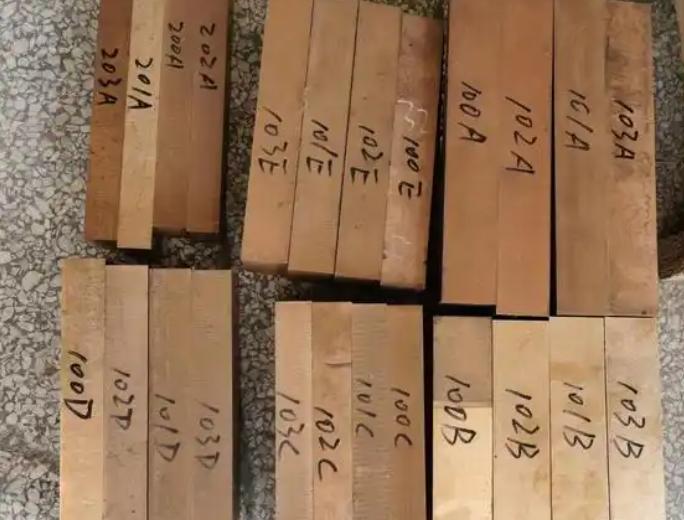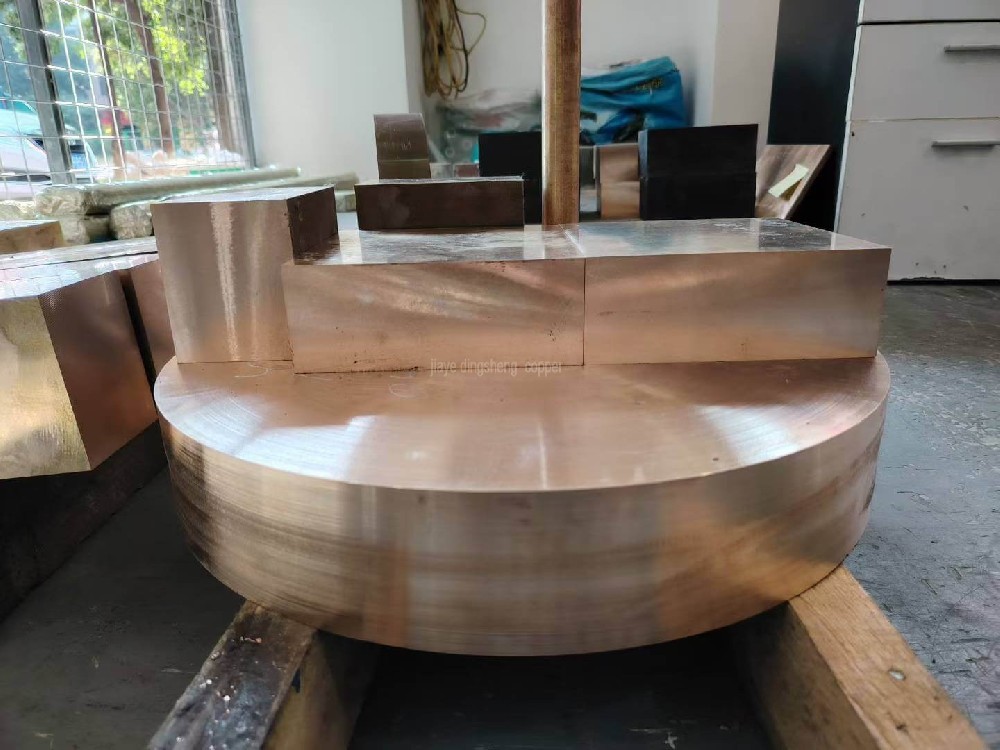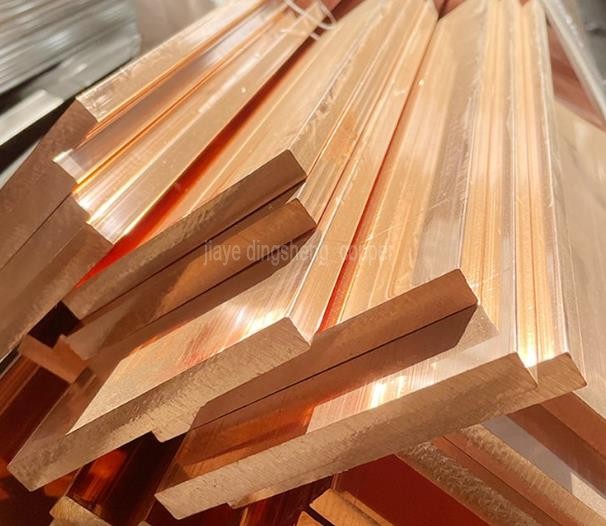The difference between beryllium copper and bronze
The main differences between beryllium copper and bronze lie in their composition and properties: beryllium copper is a copper alloy containing beryllium, which features high strength, high elasticity and excellent electrical conductivity, while common bronze is mainly characterized by its good electrical and thermal conductivity but has relatively weak mechanical properties.
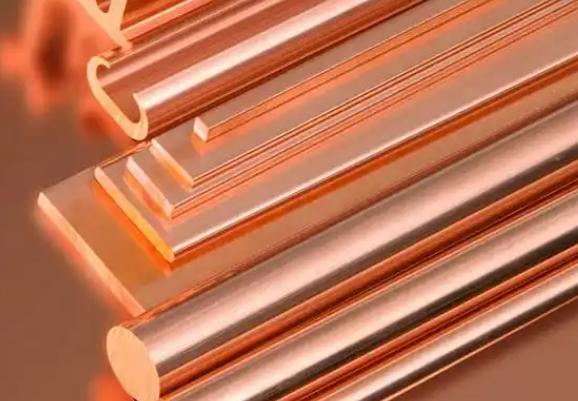
Beryllium copper: As a type of copper alloy, beryllium copper uses beryllium as the main alloying element and is also known as beryllium bronze. This alloy is renowned among copper alloys for its outstanding elastic properties and possesses a series of excellent physical, chemical, and mechanical characteristics such as high strength, high elasticity, hardness, fatigue strength, low elastic hysteresis, corrosion resistance, wear resistance, cold resistance, high electrical conductivity, non-magnetism, and impact resistance. Compared with other materials with good electrical conductivity, beryllium copper performs better in terms of hardness and fatigue strength, and its comprehensive performance is superior to other copper alloys. In mold manufacturing, beryllium copper is often used in positions with high cooling performance requirements, such as the application of beryllium copper inserts, which can effectively enhance cooling efficiency.
Bronze: bronze is an alloy of copper and zinc. Brass composed of copper and zinc is called common bronze. When bronze contains two or more elements, it is called special brass. bronze has good wear resistance and is often used to make valves, water pipes, connection pipes for indoor and outdoor units of air conditioning systems, and radiators, etc. Its main features include excellent mechanical properties and wear resistance, making it more durable and less prone to damage.
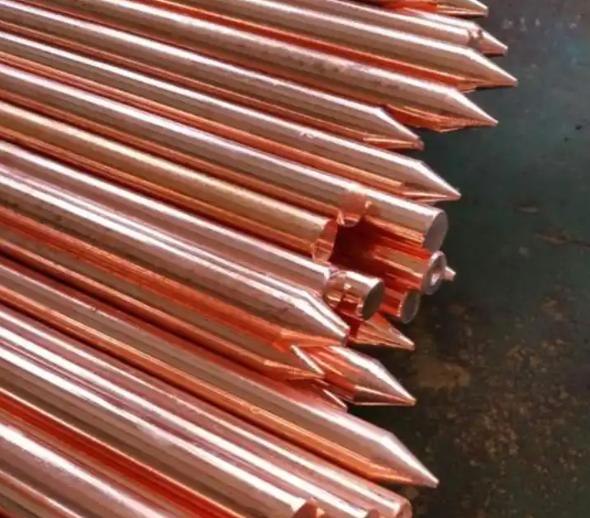
Comparison of the properties of beryllium copper and copper
Beryllium copper is a mixture of copper alloy and beryllium, while copper is an element. They have significant differences in physical and chemical properties, etc.
1. Density: The density of beryllium copper is higher, at 8.9g/cm³, while the density of copper is only 8.93g/cm³;
2. Melting point: The melting point of beryllium copper is as high as about 1050℃, while the melting point of copper is only 1083℃;
3. Electrical conductivity: Copper has better electrical conductivity than beryllium copper;
4. Corrosion resistance: Beryllium copper is more corrosion-resistant than copper, so beryllium copper is often used to make corrosion-resistant pipes, etc.
Performance features
Beryllium copper: Beryllium copper features high strength, high elasticity, high hardness, high fatigue strength, excellent corrosion resistance, wear resistance, cold resistance, high electrical conductivity and non-magnetism. Its comprehensive performance is superior among copper alloys, with small elastic hysteresis and no sparks upon impact.
Brass: Brass has good mechanical properties and wear resistance, is durable and not prone to damage. Compared with beryllium copper, its strength and hardness may be slightly lower, but its wear resistance remains significant, making it suitable for a wide range of applications.
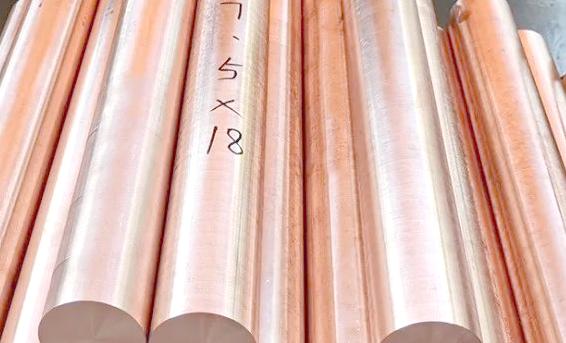
The applications of beryllium copper and bronze
Both beryllium copper and copper have high electrical and thermal conductivity, and are thus widely used in electronics, radio, electrical equipment and other fields. In addition, they can also be used to make hard alloys, copper tubes, copper plates, etc.
The application of beryllium copper in industry
Due to its high corrosion resistance and strength, beryllium copper is widely used in the aviation industry and spacecraft manufacturing. In addition, it also holds an important position in the nuclear industry, medical equipment and other fields.
Summary
Although beryllium copper and copper have significant differences in physical and chemical properties and also vary in their applications, they both hold important positions in certain fields. For manufacturers and consumers, the choice between beryllium copper and copper should be based on actual needs and usage scenarios.
# Tags:
-
The difference between beryllium copper and bronze

